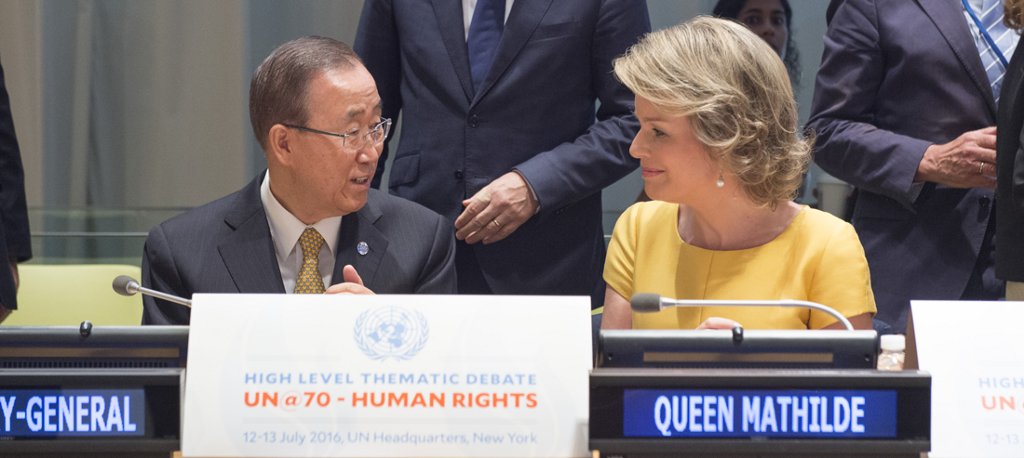2030
Experts have identified 11 ideas to achieve affordable universal healthcare.

As the U.S. Senate considers ways to revamp the health care system, so is the “High Level Political Forum” at the U.N. One of the Sustainable Development Goals up for review at this year’s forum is SDG №3: Good health and well-being for all.
Among the targets: “Achieve universal health coverage, including financial risk protection, access to quality essential health-care services and access to safe, effective, quality and affordable essential medicines and vaccines for all.”
At least 400 million people worldwide still lack access to basic health services.
Experts have identified 11 ideas to achieve affordable universal healthcare. It starts with accepting that “there’s no such thing as a ‘perfect healthcare model’,” according to Priya Balasubramaniam of the Public Health Foundation of India. “India is more focused on achieving Universal Health Care through mixed health markets featuring both public and private sector players,” she says.
Other countries like Thailand have built momentum through commitment to primary health coverage. In general, health spending needs to be more focused on sickness prevention rather than treatment.
Another tip: Let rich people and poor people get care from the same providers. “This ensures that high quality will be a political priority as those with voting influence are directly affected by the quality of services provided,” writes Jolene Skordis of University College London’s Centre for Global Health Economics. Countries shouldn’t fixate on the percentage of gross domestic product goes to healthcare. “The question should be about what can you do best with what you can afford to spend,” suggests Balasubramaniam and Siddharth Chatterjee, a U.N. coordinator in Kenya.
Finally, learn from places that are getting it right. Take Ghana’s imperfect but experimental healthcare system. The country started small with community-based health insurance and then developed a national model.
“Ghana’s health system isn’t the best I’ve seen,” says Cicely Thomas of Results for Development in Washington, D.C. “But they’ve got some very fundamental things right and have been continually improving over many years.”











